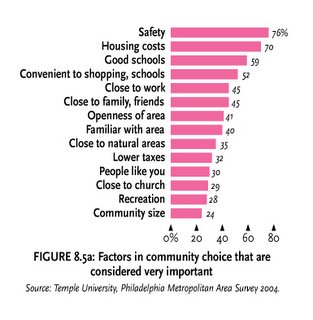Mariano & Dougherty: Puppet and Master?
According to a December 25, 2005 Inquirer piece (authored by staff writers John Shiffman and Michael Currie Schaffer), recently indicted Councilman Rick Mariano and International Brotherhood of Electrical Workers (“IBEW”) leader John Dougherty had an “interesting” relationship. A couple of the aspects of this relationship – according to FBI documents – are as follows:
- Councilman Mariano didn’t even hire his own chief-of-staff, a political operative for “Johnny Doc’s” electricians' union (Local 98) took care of it. Amazingly - according to FBI documents – the indicted Councilman met his new top aide when his chief-of-staff reported for his first day of work.
- Another Mariano aide told the FBI that he regularly briefed Johnny Doc "on all legislative, political and administrative activities that were going on within Mariano's office." "Whatever we know...is passed to Dougherty," the aide told agents.
According to campaign finance records, Local 98’s political action committee has been Mariano's largest contributor; Mariano's campaign has received $452,000 since 1998 - a third of all money raised and nine times the amount from the next largest contributor, Mayor Street's campaign fund.
Many speculate that Dougherty is interested in a run for Mayor in 2007, but – if the FBI’s characterization of this relationship with Mariano is accurate – he’ll be running, but only from his record. The drumbeat for a more ethical and effective government will only get louder as the Mayoral election approaches and it appears as though Mr. Dougherty is marching to a different beat.



